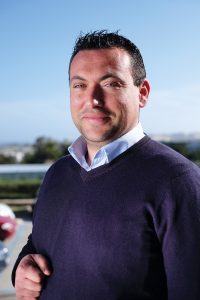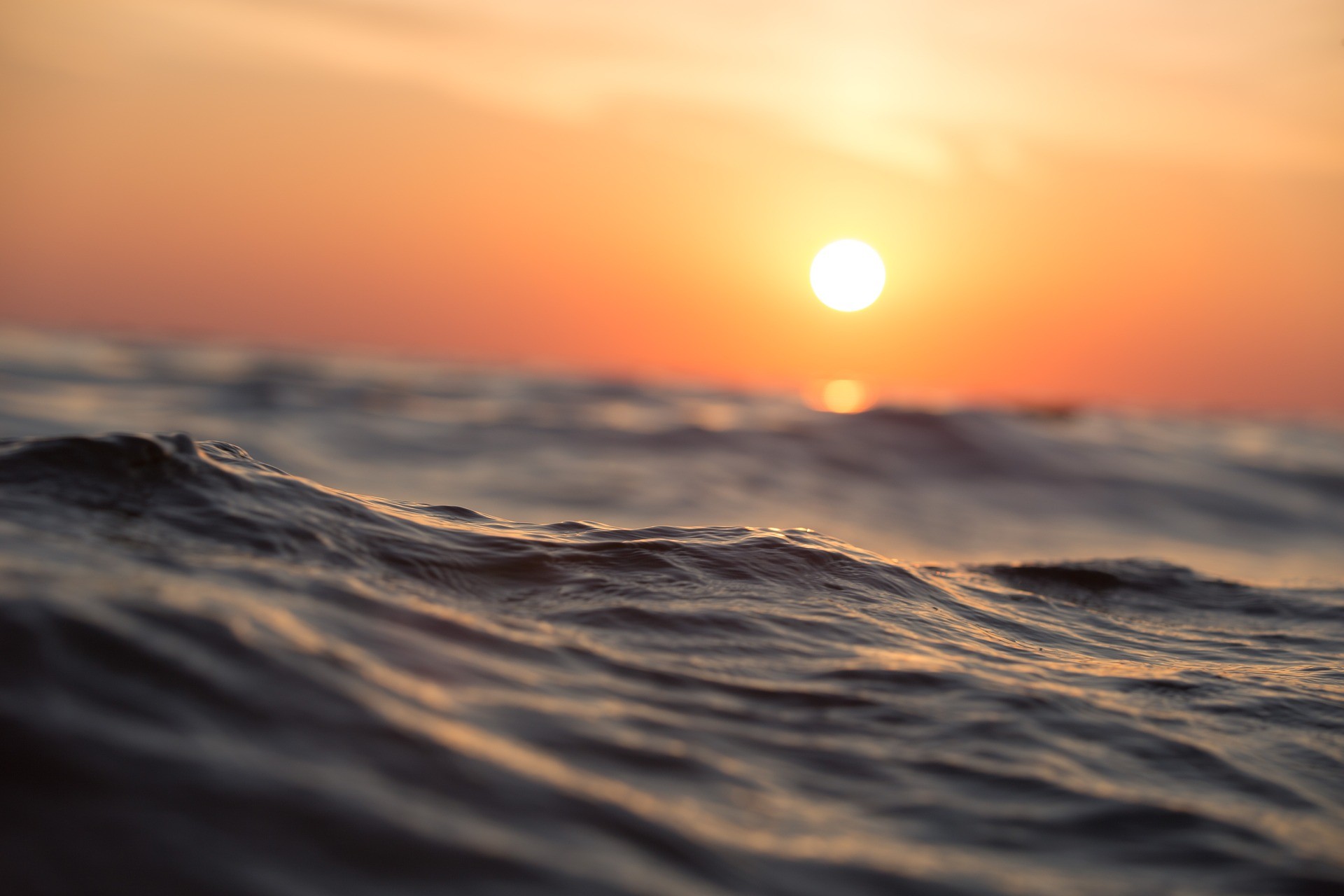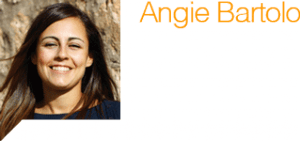
The Maltese Islands, despite their miniscule terrestrial extent, have always managed to punch way above their weight when it comes to aquatic matters. Hosting the International Ocean Institute, the Islands also have a pivotal role in the formulation of the Law of the Sea through the Maltese representative to the United Nations, Arvid Pardo. The ‘father of the law of the sea’, as he is affectionately known, delivered a prophetic speech to the UN General Assembly on November 1st, 1967. He described the sea as ‘the common heritage of mankind’, a phrase which still resonates to this very day, and which is enshrined within Article 136 of the United Nations Convention on the Law of the Sea.
Europe’s seas are currently being assessed more than ever for their potential, as Blue Growth (the long term strategy to support sustainable growth in the marine and maritime sectors as a whole) gains greater traction throughout the continent. We are plumbing our seas to greater depths in the search for elusive minerals, cures, genetic resources, energy sources, and a plethora of other untapped assets. In the race to unlock more of the ocean’s secrets, ocean literacy assumes a compelling role—to revise the paradigm of human impacts on our ocean so far. In fact, in the history of human exploitation of the ocean, we first exerted deleterious impacts on the ocean environment, only to become aware of those impacts and resort to ocean literacy to generate further awareness, control, and change.
The challenge now is to anticipate developments. A precautionary approach is needed to soften impacts when venturing into unchartered grounds. Some might label this utopic, I prefer to call it ‘foresight.’ For us to reach this stage, governments and institutions must invest heavily in ocean literacy to ensure more responsible use and treatment of that 70% of our planet. It is imperative for potential investors to have a grounding in ocean literacy principles, with the aim of paralleling the considerable success being had introducing ocean literacy concepts within school curricula and initiatives across Europe.
We are gearing up towards the International Decade of Ocean Science for Sustainable Development. Proposed by UNESCO last June at the Ocean Conference in New York, it will span from 2021 until 2030. The considerable number of abstracts submitted for the European Marine Scientists Educators Association (EMSEA) Malta conference, now approaching the 70 mark, is testimony to the profile that EMSEA has managed to achieve since its establishment a decade ago. It also confirms the status that ocean literacy now holds across the European continent and beyond. Let’s keep the momentum going!



